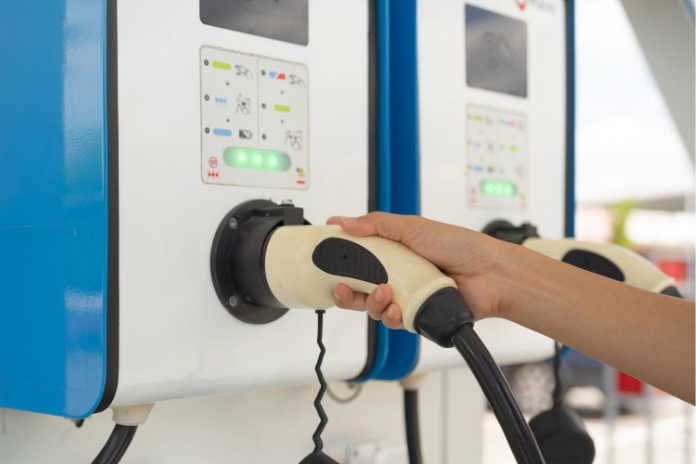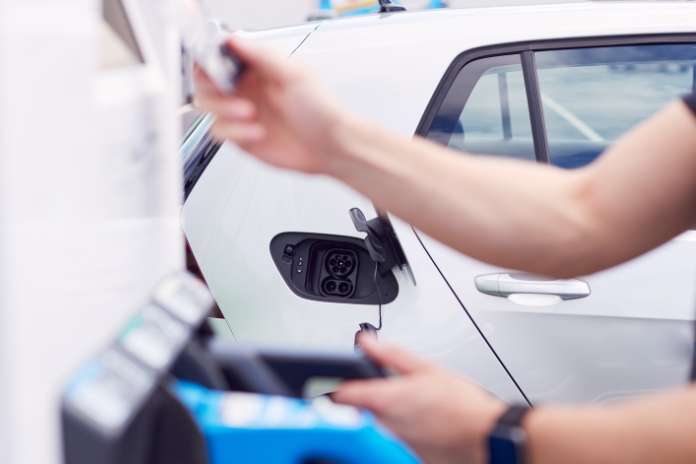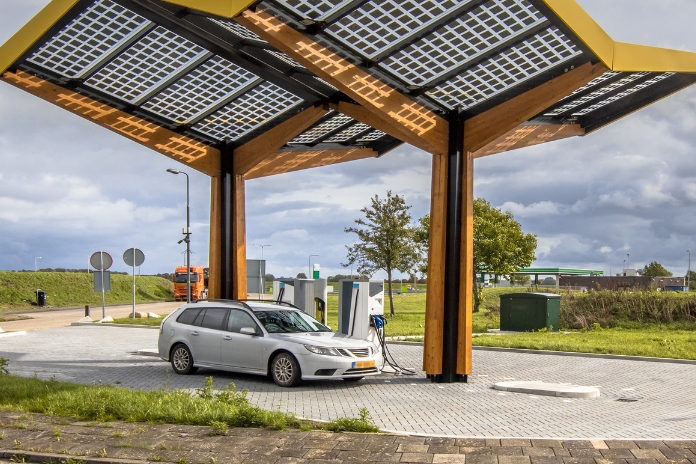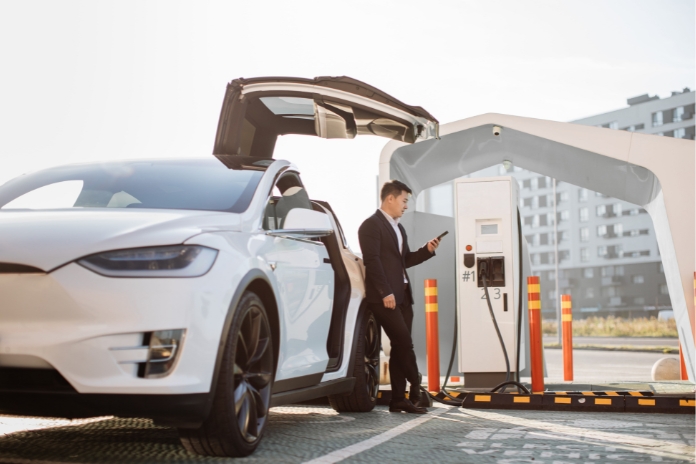Electric vehicles (EVs) are shaping the future of global mobility. As their adoption rate soars, there’s a growing emphasis on how we can optimize the charging experience for users. Next-Gen EV Charging solutions are at the forefront of this movement, providing not just rapid charging but also diverse, flexible, and eco-friendly methods to power up these vehicles.
Why Speed Matters

Image idea: A stopwatch overlaid on an EV charging station.
Time is of the essence in our modern world, and the convenience and speed offered by Next-Gen EV Charging play a pivotal role in influencing the decisions of potential EV buyers. Rapid charging equates to less downtime for the vehicle and more uptime for its driver. However, it’s not just about speed. The overall efficiency and reliability of these new charging systems can pave the way for a more expansive adoption of electric vehicles. As consumers become increasingly environmentally conscious, the demand for quick and efficient charging solutions continues to rise.
Enter DC Fast Charging and Beyond

Image idea: A close-up of an electric vehicle being plugged into a DC Fast Charger.
While Level 1 and Level 2 chargers have served us well, the evolution of electric vehicles requires a more advanced approach. Next-Gen EV Charging introduces us to the wonders of Level 3, also known as DC Fast Charging. This mode dramatically slashes the time needed to juice up a vehicle, making the idea of long-distance travel in an EV less daunting. As we progress, with battery technologies becoming even more sophisticated, the integration with Next-Gen EV Charging systems will be indispensable.
Wireless Charging: A Glimpse into the Future

Image idea: An electric vehicle parked on a designated charging pad with glowing icons to indicate charging.
Imagine a world where cables become redundant, and charging an electric vehicle is as simple as parking it. Next-Gen EV Charging is inching closer to making this vision a reality by delving into wireless charging solutions. By merely positioning the vehicle over a charging pad, the batteries get replenished, eliminating the need for physical connectors. This innovation is more than just a technological leap; it’s a transformative step in making EV charging uncomplicated and user-friendly.
Solar Charging: Harnessing the Power of the Sun

Image idea: An electric vehicle with integrated solar panels parked in bright sunlight.
Solar energy is an inexhaustible and sustainable resource. As the world grapples with finding green solutions, Next-Gen EV Charging offers a promising avenue with solar charging. Whether it’s through solar panels mounted on the vehicles themselves or through dedicated solar-powered charging stations, the potential is enormous. By tapping into the sun’s energy, we’re not only promoting clean energy but also adding an unmatched layer of convenience and independence for electric vehicle users.
Charging Infrastructure Expansion and Integration

Image idea: A cityscape showcasing multiple charging stations intertwined with urban life.
To fully realize the potential of electric vehicles and Next-Gen EV Charging, a robust and widespread infrastructure is essential. Imagine urban landscapes where charging stations blend seamlessly into public areas, such as parks, malls, theaters, and eateries. This widespread integration ensures that EVs aren’t just a niche product but a mainstream mobility solution accessible to everyone.
Final Thoughts

Next-Gen EV Charging is more than just a technological advancement; it’s a promise of a brighter, cleaner, and more efficient future. As we navigate the path towards greener solutions, these charging innovations are redefining what’s possible, setting the stage for an era where electric vehicles dominate the roads.

